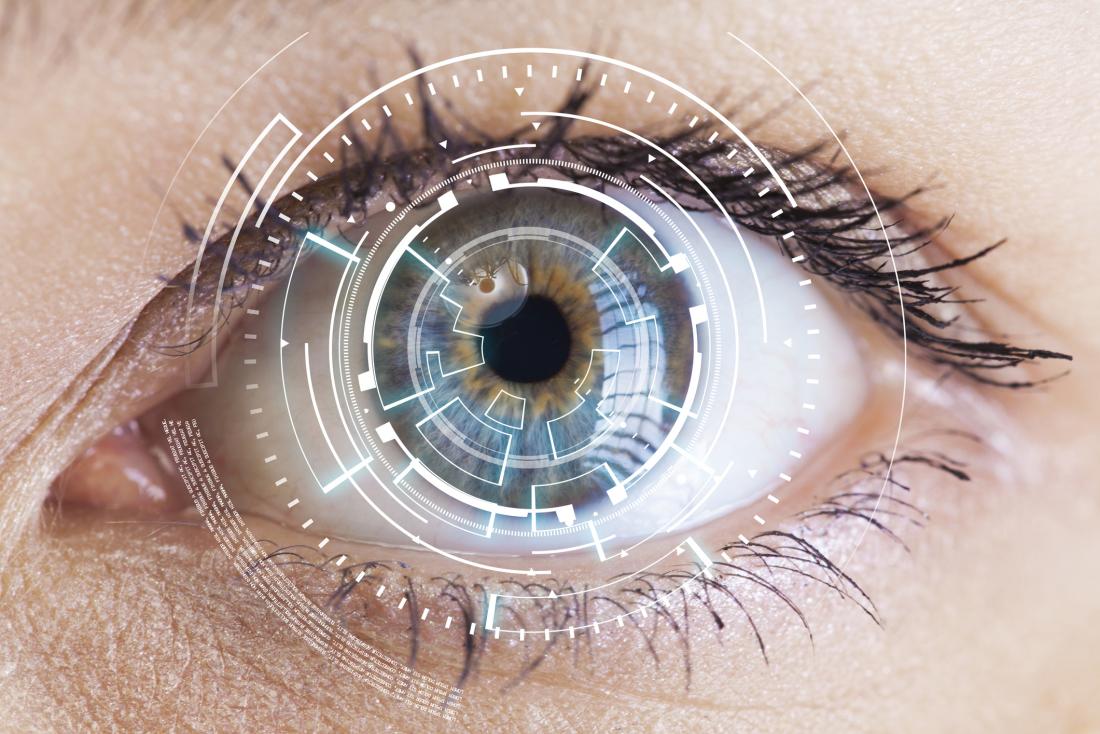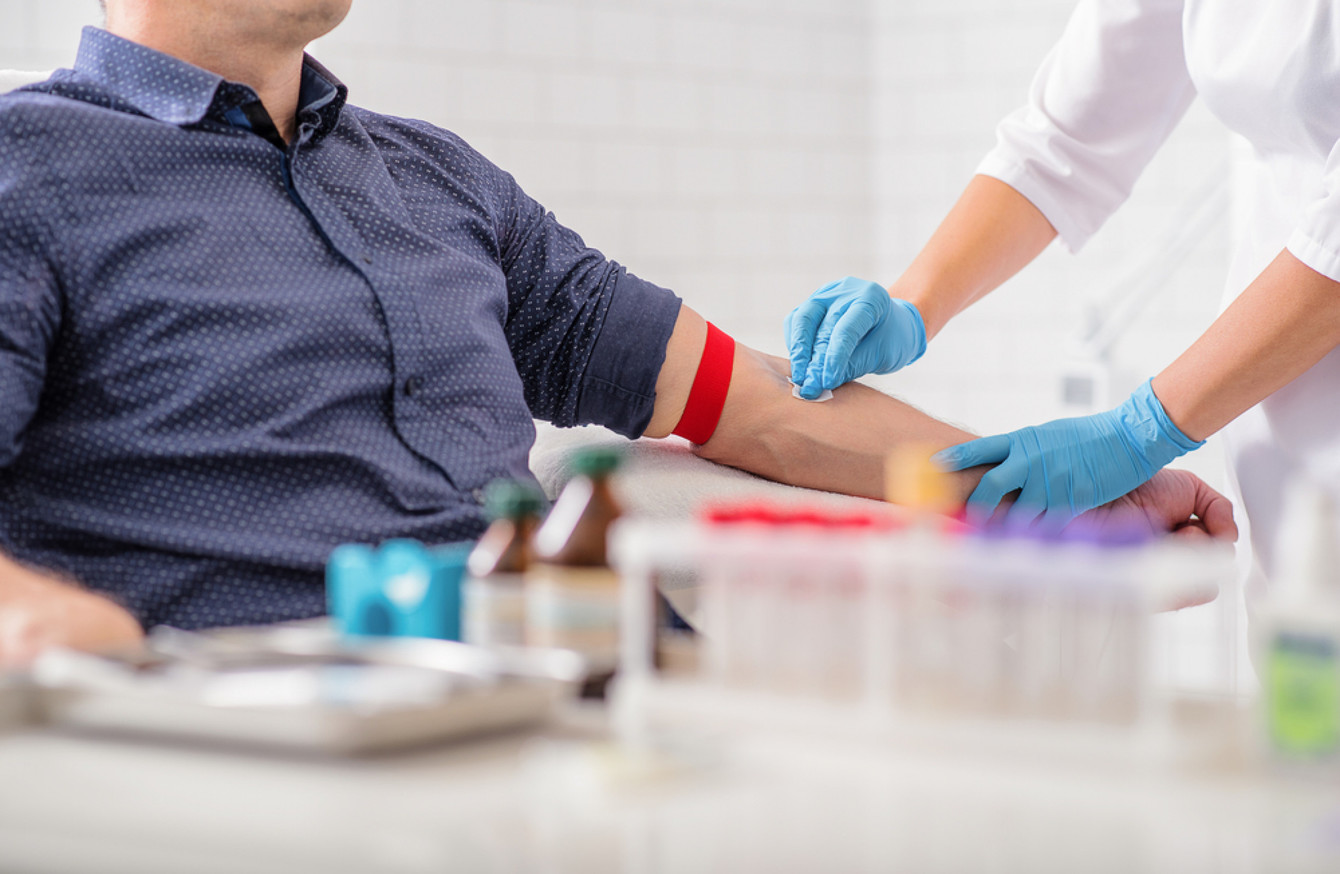Alzheimer’s Disease can now have an early diagnosis. This is according to a new study. The results of this study has been published in PLOS ONE. According to the study, there is a way of early detection of the disease.
Alzheimer’s Disease: How can it be detected early?
According to this study, there is a non-evasive way of detecting Alzheimer’s Disease. This is possible by checking blood capillaries. These are at the back of the eyes.

These capillaries contract as an early sign of the disease. Therefore, this can act as early diagnosis.
The changes in the capillaries have been detected by scientists. This is with the help of infrared cameras. Moreover, this is without the need of expensive MRI scanners. And even dyes are not needed for the detection.
Will the early detection be an expensive affair?
Scientists say that there is a new type of technology available. It is known as OCT Angiography. Because of this technology, the back of the eye is easily accessible. This technology can easily capture changes.

The OCT Angiography offers a great resolution. Because of this and changes in the capillaries can be easily detected. Therefore this technology makes eye easily accessible.
Moreover, this won’t be too expensive. This is because no expensive MRI scans are to be done.
[fvplayer id=”36″]
Now that is a piece of good news. And this has become possible because of the advancement of technology.
Moreover, this will also act as a bio-marker. This will be to identify people who have higher risks of Alzheimer’s Disease. However, this is only possible after the research has been validated.
Will early detection be helpful?
Like most of the diseases, early detection will be helpful. It will be even more effective.
This is because the brain will not be excessively damaged. Moreover, the cognitive decline will also not start by then. So treatment will have a greater impact.
Therefore, this technology can be a great help in the future. It will help in curing the brain disease that is usually diagnosed in much later stages. Hence lowering the number of patients and better treatment.
For more updates, stay tuned to Hiptoro. We will keep you updated with the progress.









